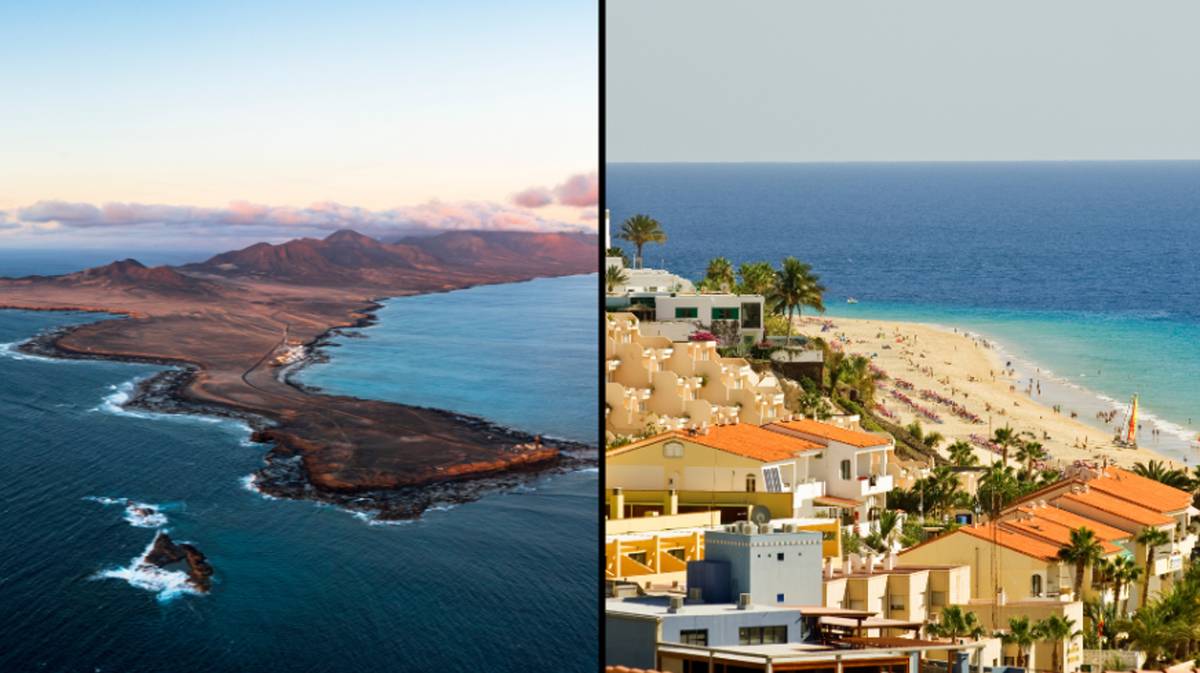
Imagine strolling along the seafront and suddenly hearing the words, ‘tourists, go home,’ as you contemplate where to find a great deal on a jug of sangria. Not exactly the most inviting start to your holiday, is it?
Local residents are banding together in an effort to dissuade tourists, whom they hold responsible for environmental degradation, overcrowding, frequent traffic congestion, and sewage leaks. They attribute the deterioration of beaches and scenic outdoor areas to the influx of holidaymakers, driving the demand for constant construction of new hotels and apartments.
Under the banner of ‘tourists, go home,’ these residents are spearheading a movement against travelers and are considering implementing an ‘eco-tax’ to offset the perceived irreversible harm to the environment.
Despite the apparent benefits of millions of tourists flocking to the Canary Islands annually, the sentiment among the local population is far from positive. Tenerife stands out as a focal point of discontent, with warnings for tourists to leave even appearing as graffiti at La Tejita, one of the island’s picturesque beaches.
The anti-tourism coalition, comprising social and environmental organizations, has taken to the streets of this Spanish island to decry the ‘irreparable damage’ caused by the relentless surge of visitors, particularly in popular areas like Santa Cruz de Tenerife and San Cristóbal de La Laguna.
Protesters brandished signs proclaiming ‘the Canaries are no longer a paradise’ and ‘the Canaries are not for sale,’ with one demonstrator suggesting that the island community is on the brink of ‘complete collapse.’
Activists argue that Tenerife’s ‘natural spaces’ are being ravaged by ‘mass tourism,’ lamenting the constant blight of construction sites marring the skyline as more accommodations spring up. The rising demand for holiday rentals is also driving up property prices in the region.
Advocacy groups are calling for a cap on tourist numbers visiting the Canary Islands and the implementation of an ‘eco-tax’ to mitigate environmental harm. They also seek regulations on expatriates, proposing limits on permanent residents and second-home buyers.
During COP28 in Dubai last year, the Canary Islands’ Ministry of Tourism and Employment voiced concerns over environmental damage and outlined strategies to address it. Jéssica de León presented initiatives to reduce the islands’ carbon footprint, including the introduction of a digital tool for tourism businesses to measure and minimize emissions.
Juan Torres, the president of the Gran Canarias Architects’ College, stressed that superficial changes would not suffice. He emphasized the need for comprehensive improvement plans at the urban planning and architectural levels to combat the challenges faced by the Canary Islands.
Comprising Tenerife, Gran Canaria, Lanzarote, Fuerteventura, La Palma, La Gomera, and El Hierro, the Canary Islands attract visitors with their pristine beaches, diverse attractions, and year-round warm climate.
